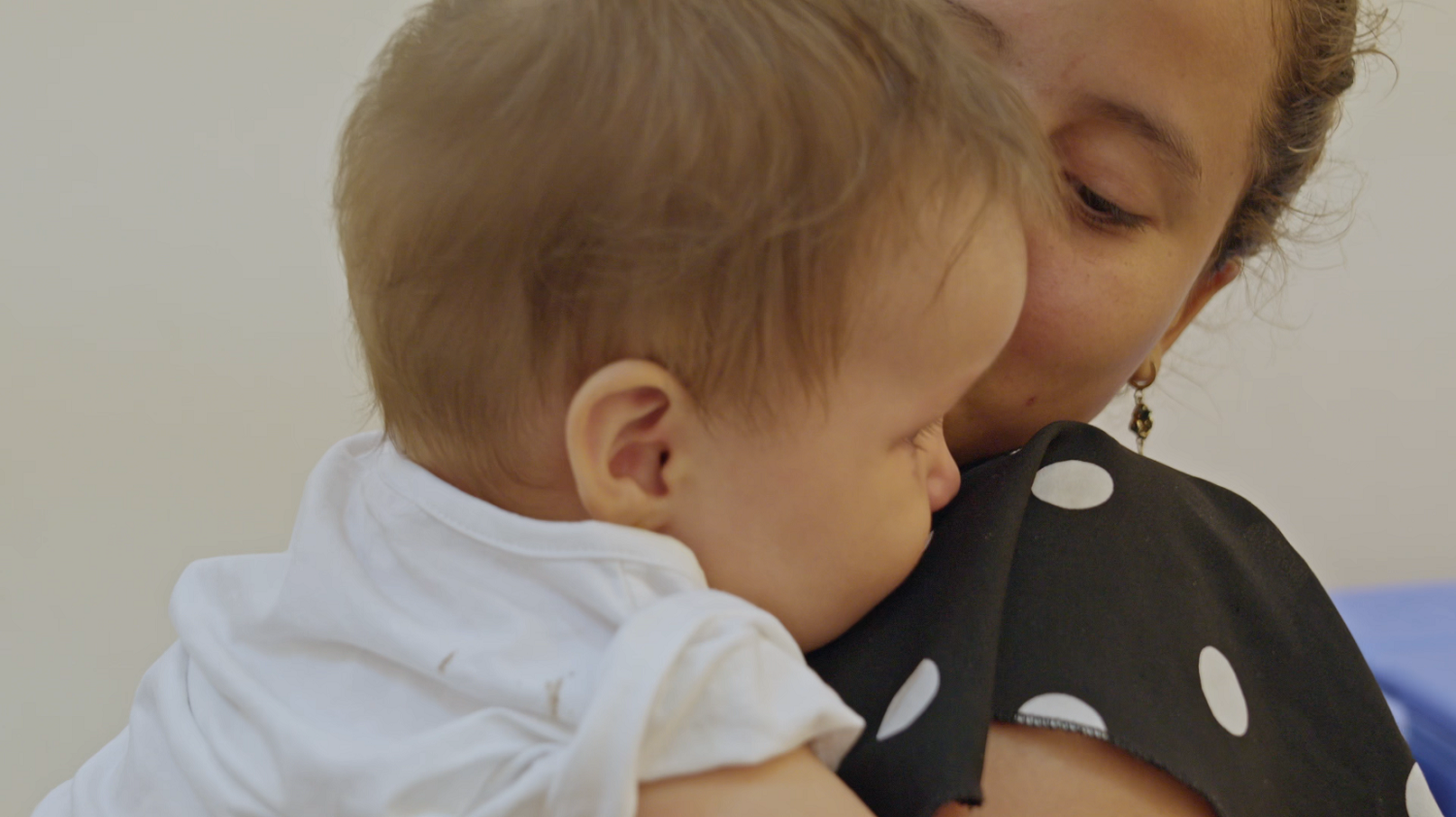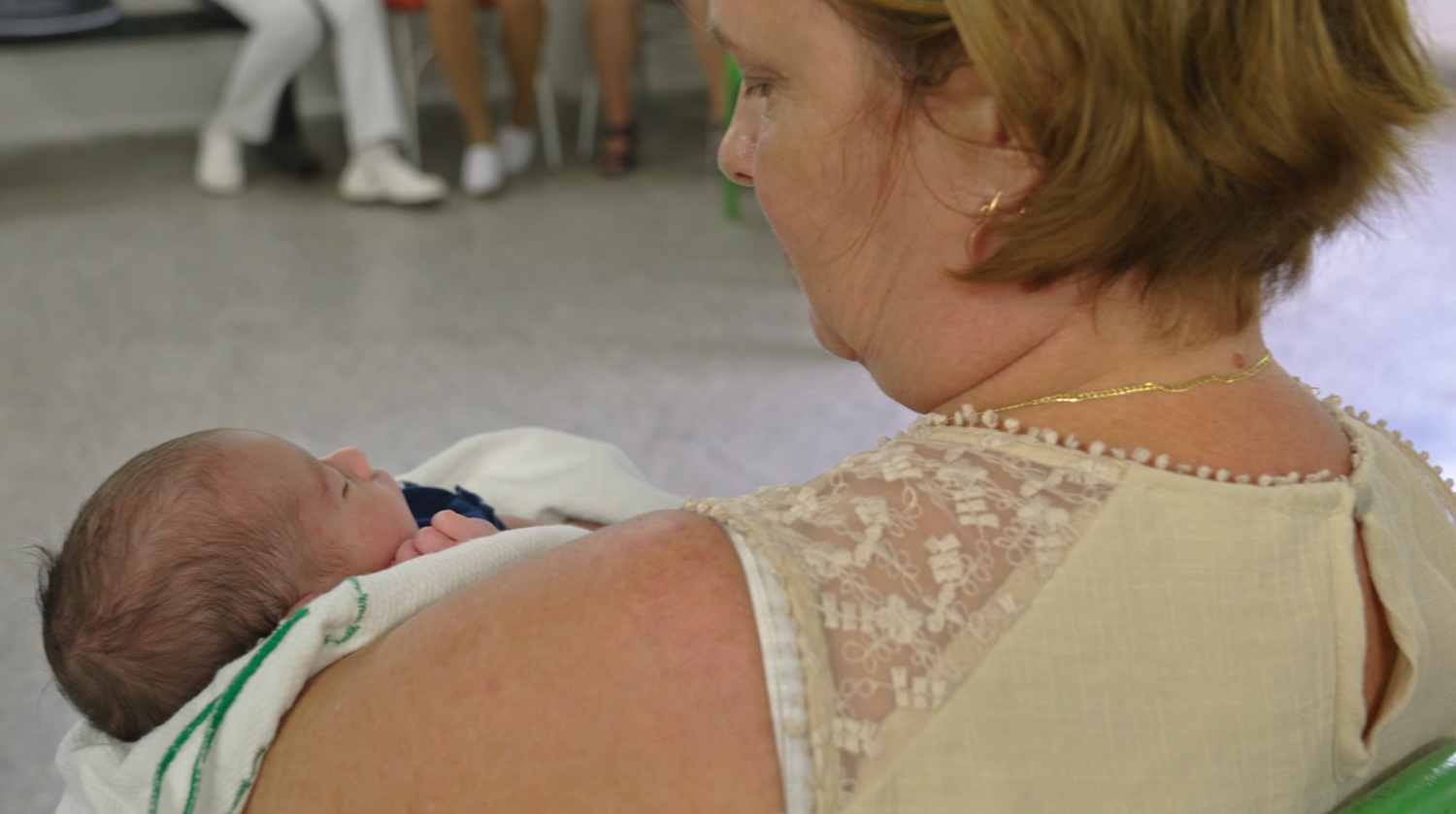The country has renewed equipment at around 70 percent of its vaccination sites and acquired a cold storage chamber for José Martí International Airport, with support from PAHO and Canada.
Havana, March 2025
It’s Monday, and Nelisa Cecilia García is getting ready to take her 10-month-old daughter, María Elena, to the vaccination point in Habana Vieja, the neighborhood she has lived in for three years. It is one of the most densely populated areas in the capital. Before leaving, Nelisa makes sure to attend to every detail needed to prepare her little one. She has been waiting for this moment for days, knowing how important it is for María Elena’s well-being. "It’s a relief to make sure the children don’t get sick," says Nelisa, holding her daughter in her arms. "The nurse called me, and I came immediately, but first, I bathed her and got her ready."
Between games and laughter, mother and daughter make it through the wait, while the nurse gets ready to administer the vaccines. The father enjoys the moment too, awaiting the nurse's call. For María Elena, today is the day she will receive another vital jab to protect her health.
Havana is a city with one of the highest vaccination rates in the Americas. At the "Antonio Guiteras" Polyclinic, where María Elena will be vaccinated, refrigerators prequalified by the World Health Organization (WHO) safeguard the vaccines received by children, adults, and families as part of Cuba’s immunization program.
These high-tech units arrived at the institution through a cooperation project between the Pan American Health Organization (PAHO) and the Canadian government, focused on providing access to COVID-19 vaccines for vulnerable populations in the Americas.
According to nurse Pierrette Patricia M´baloula, the change has been highly beneficial. "We’ve seen many advantages with this prequalified refrigerator. It has been very important for vaccine preservation, as the temperature remains stable. The refrigerator is very efficient and ensures maximum safety," she says.






